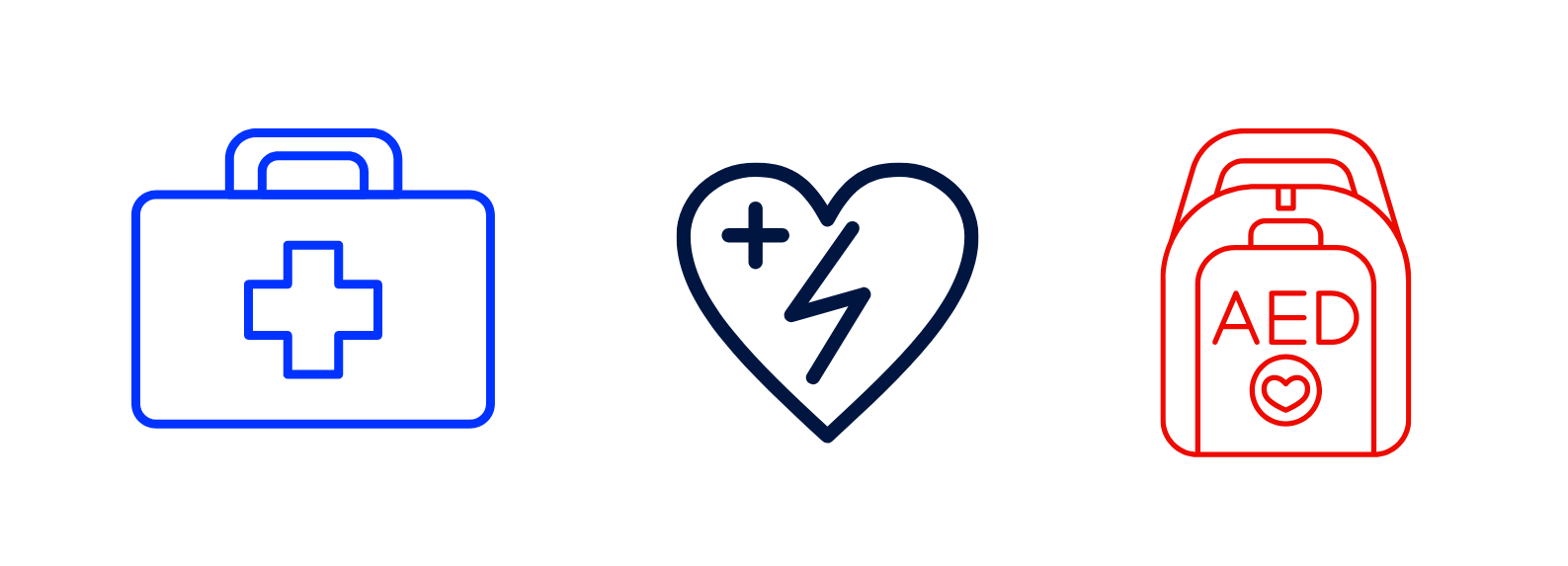First aid
Principles of first aid management
Providing immediate and effective first aid to workers or others who have been injured or become ill at the workplace may reduce the severity of the injury or illness and promote quicker recovery. Trained first aider’s, first aid equipment and facilities appropriate to the nature of the likely risks are required to be available in the workplace.
 The DRSABCD action plan is commonly utilised as a guide for the general first aid management of a casualty during first aid. A copy of the DRSABCD Action Plan can be found below.
The DRSABCD action plan is commonly utilised as a guide for the general first aid management of a casualty during first aid. A copy of the DRSABCD Action Plan can be found below.